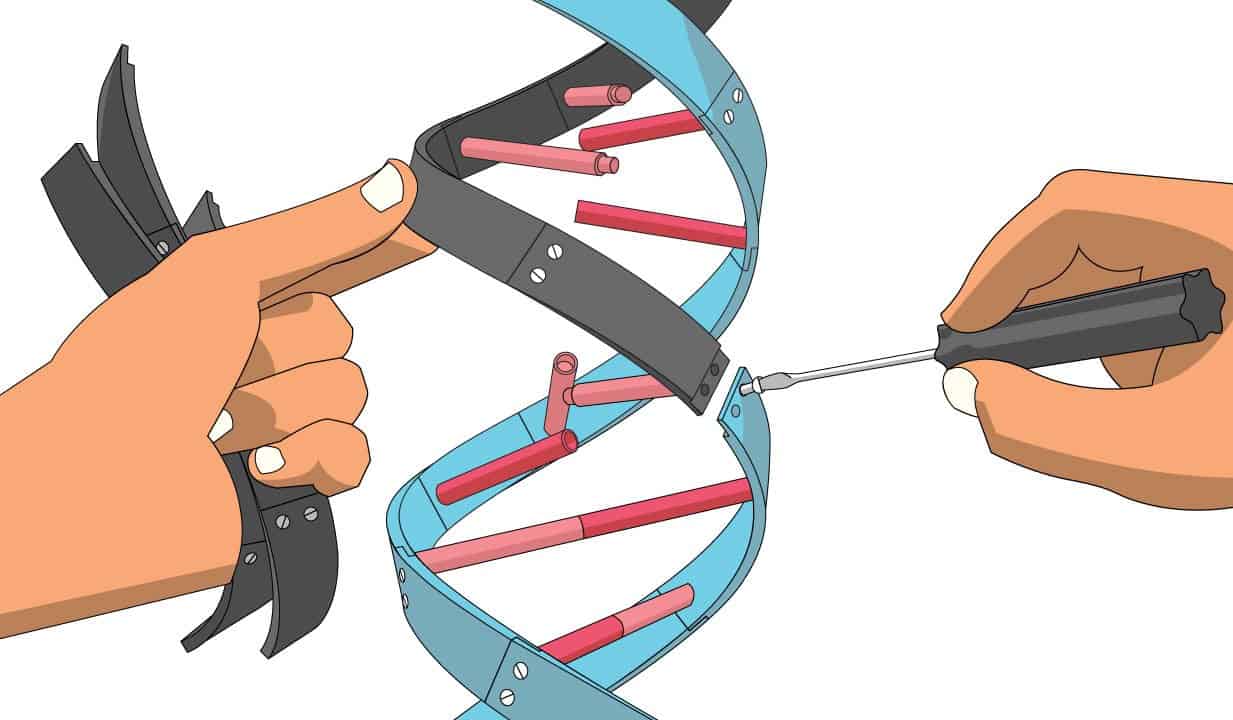Benefits and Risks of Biotechnology in Modern Society

Biotechnology offers numerous benefits to modern society, but it also presents certain risks and challenges. Here's a breakdown of the benefits and risks associated with biotechnology:
Medical Advances: Biotechnology has led to significant medical breakthroughs, including the development of vaccines, antibiotics, gene therapies, and personalized medicine. These advancements have revolutionized healthcare, improving diagnosis, treatment, and prevention of diseases, and saving countless lives.
Agricultural Innovation: Biotechnology has transformed agriculture by enabling the development of genetically modified crops with enhanced traits such as resistance to pests, diseases, and environmental stressors. GM crops have increased agricultural productivity, reduced reliance on chemical pesticides, and contributed to global food security.
Environmental Sustainability: Biotechnology offers solutions for addressing environmental challenges, such as pollution remediation, waste management, and renewable energy production. Bioremediation technologies use microorganisms to clean up environmental contaminants, while biofuels and bioplastics offer sustainable alternatives to fossil fuels and petroleum-based plastics.
Industrial Applications: Biotechnology is used in various industrial sectors, including pharmaceuticals, biomanufacturing, and biorefining, to produce high-value products such as pharmaceuticals, enzymes, bio-based chemicals, and biofuels. Bioprocessing techniques, such as fermentation and biocatalysis, enable the sustainable production of these products using renewable resources.
Biomedical Research: Biotechnology drives biomedical research by providing tools and techniques for studying biological systems, understanding disease mechanisms, and developing new therapies and diagnostics. Technologies such as CRISPR-Cas9 gene editing and next-generation sequencing have revolutionized biomedical research and hold promise for treating genetic disorders and advancing personalized medicine.
Ethical Dilemmas: Biotechnology raises ethical concerns related to genetic engineering, cloning, stem cell research, and human enhancement. Ethical dilemmas arise around issues such as informed consent, privacy, equity, and the moral implications of manipulating living organisms and genetic information.
Environmental Risks: Genetically modified organisms (GMOs) and biotechnology-derived products pose potential risks to the environment, including unintended ecological consequences, gene flow to wild populations, and disruption of ecosystems. Concerns also exist about the long-term effects of biotechnology on biodiversity, soil health, and ecosystem resilience.
Health and Safety: Biotechnology products and processes may pose health and safety risks to workers, consumers, and the public. Risks include exposure to allergens, toxins, and unintended side effects of genetically modified organisms. Ensuring the safety and regulatory oversight of biotechnology products is essential to mitigate potential risks and protect public health.
Regulatory Challenges: Biotechnology regulation is complex and varies across countries and regions, leading to challenges in ensuring consistent standards for safety, quality, and ethical conduct. Regulatory frameworks must adapt to advances in biotechnology to address emerging risks and ensure responsible innovation.
Social and Economic Impacts: Biotechnology can have social and economic impacts, including concerns about equitable access to biotechnological innovations, intellectual property rights, and disparities in healthcare and agricultural systems. Addressing these issues requires policies and strategies that promote inclusivity, transparency, and ethical governance of biotechnology.
Overall, biotechnology offers immense potential for addressing global challenges and improving quality of life, but it also requires careful consideration of its ethical, environmental, health, and societal implications to ensure responsible and sustainable deployment in modern society.
Thank you,